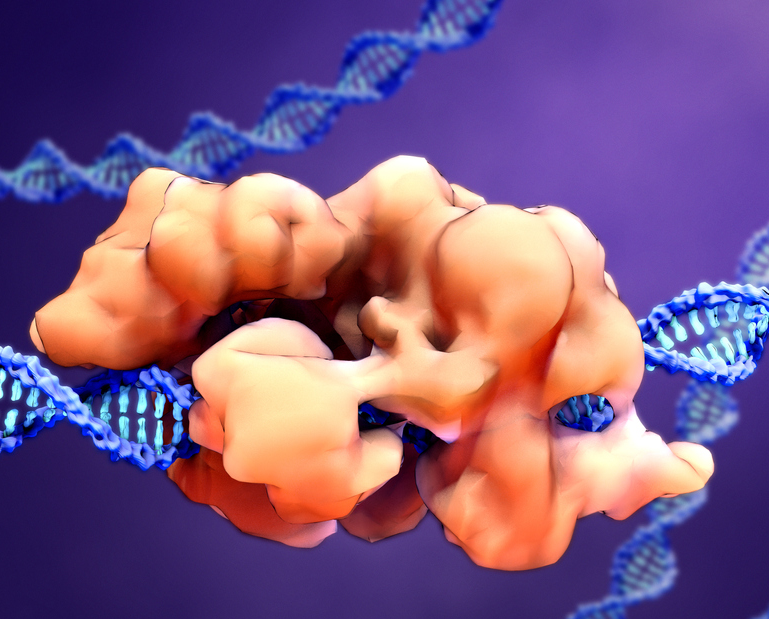NCER Comments: Sickle Cell Anemia is a heritable disease that 1 in every 13 Black or African American babies possess when born. Red blood cells are abnormally shaped, so are unable to carry oxygen needed for all tissues and organs to survive. The average lifespan is only 40 years, but a new development using the CRISPR gene editing tool looks like a true cure.
2020 Was a Breakout Year for Crispr
IT WILL BE difficult to remember 2020 as anything other than the year Covid-19 drew the world to a socially distanced standstill. But while thousands of life scientists pivoted to trying to understand how the novel coronavirus wreaks havoc on the human body, and others transformed their labs into pop-up testing facilities, the field of Crispr gene editing nevertheless persisted. In fact, it triumphed. Here are five of the (mostly coronavirus-free) breakthroughs in the Crisprsphere that you might have missed in 2020.
Last summer, doctors in Tennessee injected Victoria Gray—a 34-year-old sickle cell disease patient—with billions of her own stem cells that scientists in Massachusetts had reprogrammed with Crispr to produce healthy blood cells. The hours-long infusion made her the first American with a heritable disease to be treated with the experimental gene-editing technology. And it appears to be working.
This July, Gray celebrated a year of being symptom-free. In December, a team that includes researchers from the two companies that developed the treatment—CRISPR Therapeutics and Vertex Pharmaceuticals—published promising results from a clinical trial, which is also treating patients in Germany who suffer from a related disease called ß-thalassaemia. In both groups of patients, the treatment seems to be safe, and it so far has eliminated the need for regular blood transfusions. It’s still too soon to say how long the effects will last, so don’t call it a cure just yet. But the consequences could be huge. Sickle cell disease and ß-thalassaemia are among the most common genetic disorders caused by mutations to a single gene, affecting millions of people worldwide.
Read more at the Wired article link

